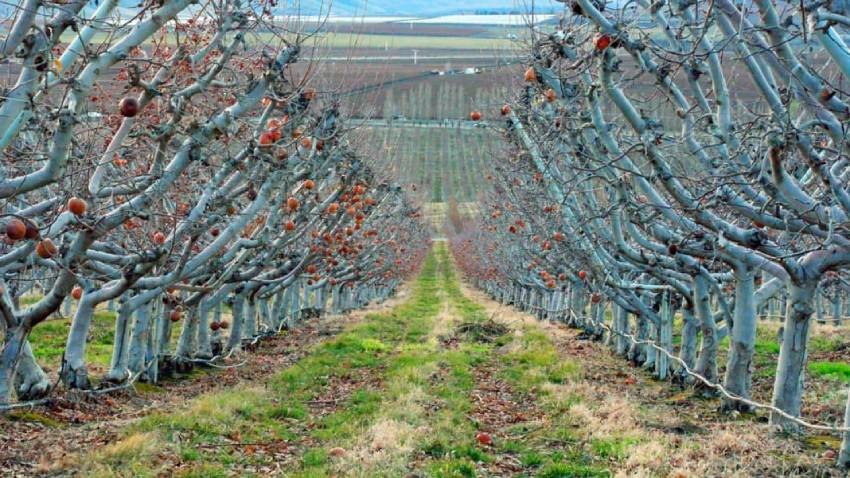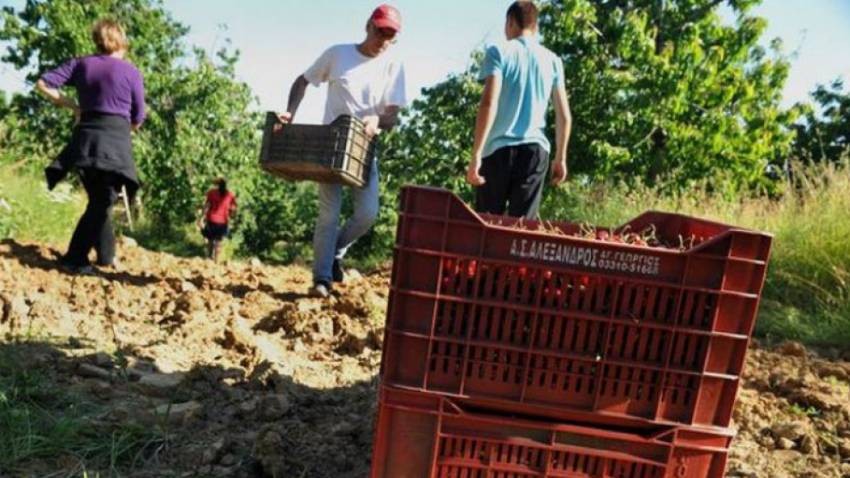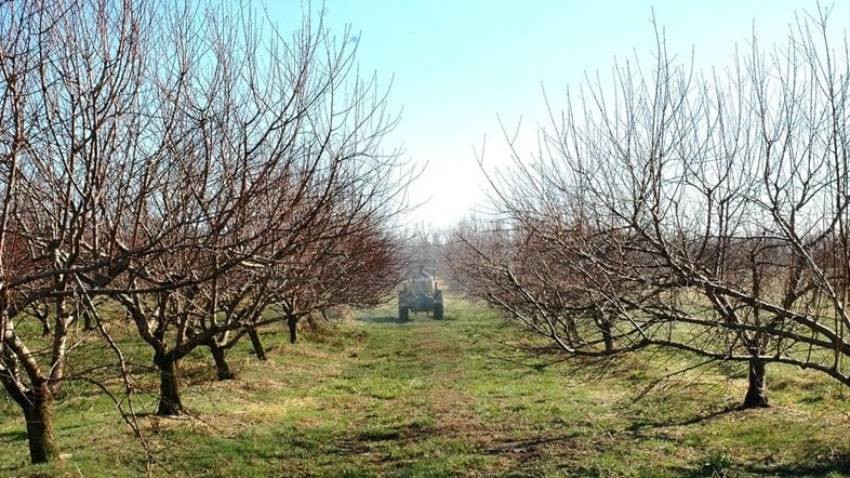The Association of Fruit Growers in Bulgaria reports another challenging year in the agricultural sector. However, the problems are not so much related to the unusually warm winter, nor to the lack of sufficient irrigation water, but to the difficulty of finding markets and labour. Escalating costs and shrinking incomes are discouraging producers from new investment and development of arable land.

"All the crises so far, including the war, have affected fruit growers," explains Zhivka Grozeva, member of the Board of the Fruit Growers Association in Bulgaria. - "We can say that this crisis started in our country in 2020 with the beginning of the pandemic, when we witnessed an almost complete shrinkage of markets. After the pandemic, there was war in Ukraine, which came along with inflation. The price of fruit in that country is not dictated by the producers, but by the importers. Over the last year and a half, production has been decreasing at a significant rate. More and more orchards are being abandoned or put up for sale.”
Despite the government support provided after the pandemic, which was crucial for farmers' survival, the sector was affected by a lack of political stability and credibility.
"There is a systematic lack of consistency in the work, decisions and the Strategic Plan for Agricultural and Rural Development for the period 2023-2027, which is being worked on by several governments. There is also a lack of communication with the Ministry of Agriculture," Zhivka Georgieva points out.
The Association calls for a meeting with the Minister to discuss a number of issues of interest to producers, including those related to the final version of the strategic plan for the development of the sector.
"There are some provisions in this plan that should not remain in their current form," Grozeva is adamant. - One of them is the so-called eco-schemes. They are voluntary and any farmer can commit to them. If he fulfils them, he is entitled to receive support per hectare of arable land. However, they are set up in such a way as to expose producers to additional costs that cannot be covered by the support per hectare. Another problem relates to support for orchards that have not yet begun to bear fruit. They will receive around BGN 90 (EUR 46) per hectare. This is a good idea, but on the other hand, traditional crops such as plums and table grapes are in a separate support group, where the rate is lower than for cherries, apples, peaches and apricots, which is also around BGN 90."
Zhivka Grozeva hopes that the Ministry of Agriculture understands that the Association of Fruit Growers in Bulgaria is not acting in its own interest, but provides the bridge between the farmers and the authorities. Its aim is not to make trouble, but to prevent or overcome problems between them as quickly as possible.
More on the problems in the sector:
Photos: archive, State Fund "Agriculture"
Compiled by Ioan Kolev /based on an interview by Zornitsa Semerdjieva, BNR - Stara Zagora/
The total output at basic prices from the agriculture sector in 2024 amounts to €4,970.1 million, which is 7.9% less compared to the previous year. This decline is due to two main factors: a 3.2% decrease in the quantity of agricultural..
One of the largest cargo ships in the world docked for the first time at the Port of Varna, delivering 58,000 tons of rapeseed, BGNES reported. The shipment arrived from Canada and will be refined in Bulgaria. The delivery was made due to a..
Fitch Ratings has affirmed Bulgaria's Long-Term Foreign-Currency Issuer Default Rating (IDR) at 'BBB' with a Positive Outlook, reported BTA. ''Bulgaria's ratings are supported by its strong external and public finance balance sheets versus..
One of the largest cargo ships in the world docked for the first time at the Port of Varna, delivering 58,000 tons of rapeseed, BGNES reported...
The total output at basic prices from the agriculture sector in 2024 amounts to €4,970.1 million, which is 7.9% less compared to the previous year...

+359 2 9336 661
